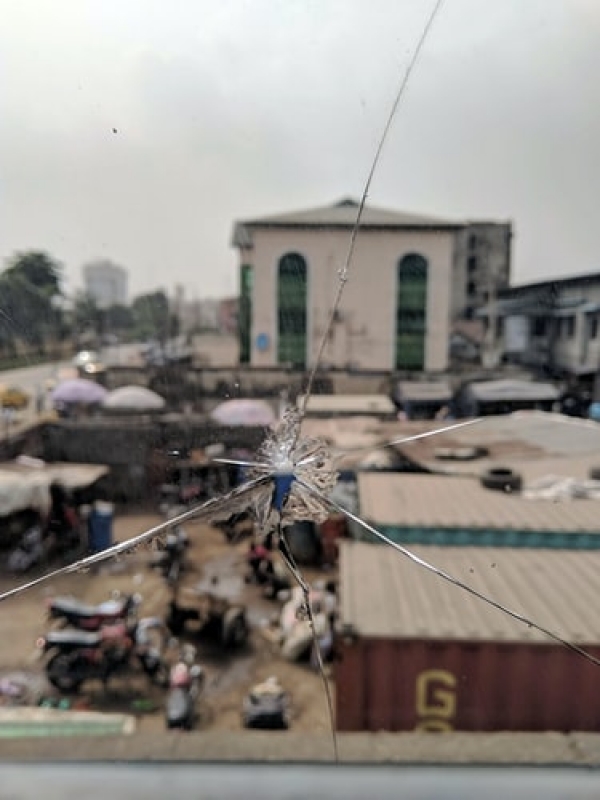A testimony by Falmata, a woman from the town of Dikwa, in the Nigerian state of Borno, tells of the deadly effects to civilians of the destruction of critical health infrastructure as a result of armed conflict in the country. In Dikwa, outbreaks of violence led to Falmata’s family fleeing in around 2014. When they returned home, both the local medical clinic and the hospital were and still are destroyed; today, more than 100,000 people are gathered in the city and are threatened by a lack of water, basic healthcare facilities, malnutrition as well as the omnipresence of cholera. Even with the current presence of doctors and nurses, it is not possible to provide care to serious cases due to a lack of proper equipment, and the mandatory military escorts only exacerbate the situation.
Such attacks on key infrastructure, in combination with the displacement and concentration of large groups of people in overcrowded camps, have led to dire humanitarian and health consequences. However, this phenomenon is not limited to Dikwa: on the contrary, it has become a common sight in the conflict zones of Nigeria, Syria, Yemen, Libya and elsewhere. It is clear that the absence of essential facilities has considerable impacts upon local and displaced populations and that the acts committed in the course of armed conflicts, leading to such deprivations as well as increased dependencies on humanitarian aid, constitute severe human rights violations.
As Falmata reports, as a birth attendant, the ongoing COVID-19 pandemic brings forth even greater perils and even though she encourages the respect of measures to fight it, many people don’t follow her advice and that of her colleagues; according to her, the virus is but one of the many problems her and her fellow Nigerians are facing as a society. Indeed, the concerns facing civilians like Falmata are legion: because of them, both their health and fundamental human rights are put at serious risk, with no favourable outcome yet in sight.
To know more, please read:
https://www.icrc.org/en/document/nigeria-slow-violence-health-care
https://www.msf.org/nigeria-borno-state-%E2%80%9Cthere-are-dramatic-gaps-healthcare%E2%80%9D
Author: Chara Papastefanaki; Editor: Maxime Grenier







